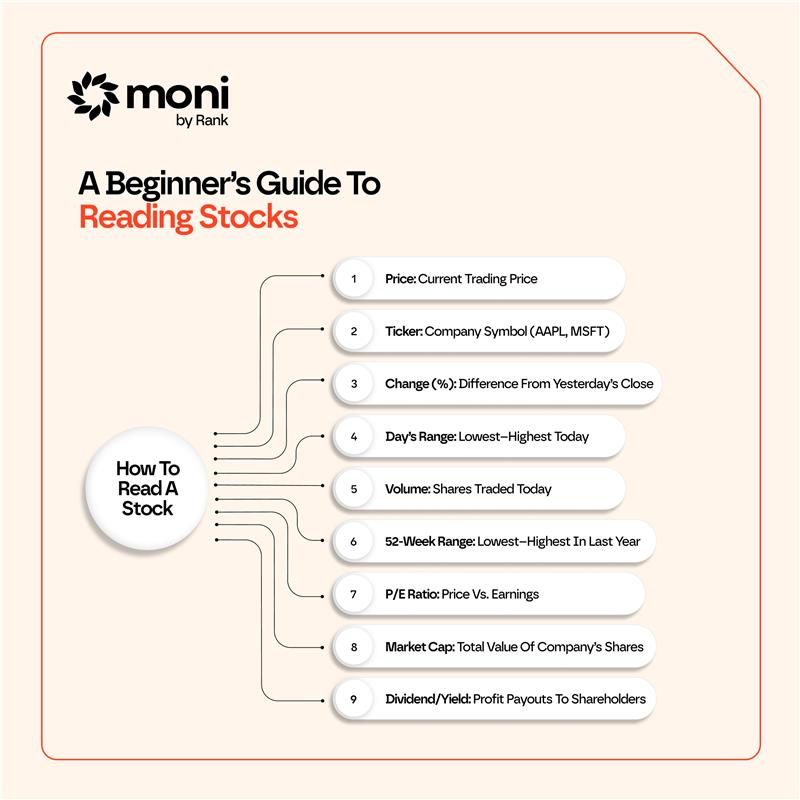
Money Stories brings to you the good, the bad and the bougie from people who lead dramatic financial lives.
This week’s subject is a 22-year-old software engineer and entrepreneur who went from earning ₦30,000 on his first coding gig to landing five digits (in dollars) from global hackathons and open-source deals.
With his sights set on a million-dollar net worth by the end of the year[AA1] , he’s turning his attention to building long-term wealth.
Can you tell us a bit about yourself and your financial background?
I’m an entrepreneur. I studied Civil Engineering and I just graduated, but I work as a software architect and engineer. I started programming when I was just 15 years old. A friend introduced me to Python, and ever since then, I’ve been hooked. Programming, for me, feels like having the power to create something from nothing, like I have the power of God in my hands. I’m self-taught and over the years, I’ve learned how to write in 7 to 8 different programming languages.
In terms of finances, when I first started programming, it was just a hobby. I was doing small tasks here and there — fixing bugs, helping out on little projects. That’s where I got my first taste of money, although it wasn’t anything significant at the time.
My real financial breakthrough came when I started winning hackathons. I’ve won hackathons in America and in Europe. That really opened doors for me. I also got involved in open-source work, and that started bringing in real income. So yeah, that’s how it all began.
What’s your earliest memory of making money?
That would be in 2019. I had already learned Python and moved on to JavaScript and PHP. At the time, I had someone who was like a mentor to me. He was guiding me through some concepts and later gave me a project to work on—an employee resource management system (ERM). I worked on it, and it turned out really well. I was paid ₦30,000 for my contribution, which was a part of the ₦60,000 project fee. That was my first “big” payday. It’s my earliest memory of making money in tech, and it meant a lot to me.
Can you give us a rundown of your money-making journey from that first ₦30,000 till now?
Sure! After that ₦30,000 payment in 2019, I actually didn’t make any more money until 2022. In early to mid-2022, I was asked to do an API integration. I completed the task and was paid $120. That felt like a win at the time. Later that year, around August to October, I won a hackathon. That came with a $10,000 prize.
In February 2023, I competed again in Europe and won another hackathon, this time earning $5,000. Those funds carried me for quite a while. I didn’t really have to chase more work immediately after that.
In 2024, I landed an open-source contract with the Web3 Foundation. The total contract value was $12,000, and since I had a partner, my share was $8,000.
Fast forward to late 2024 and early 2025, we won another Web3 Foundation contract, this time for $36,000. That’s about N50 million naira. I handled most of the work — documentation, testing, development — so I received $24,000, while my partner got $12,000. That pretty much sums up my financial trajectory so far.
What’s the largest amount of money you’ve ever made, and how did you make it?
That $24,000 payout from the Web3 Foundation is the largest I’ve ever earned from a single contract. It came from doing what I love — writing code, building things, and solving problems.
Let’s talk investments. What assets have you put money into?
Mostly crypto. I don’t trade actively, but I do invest and hold long-term. I kind of treat it like my bank. I trust it. Apart from crypto, I’ve also invested in a few people’s businesses, especially if I trust the person and believe in their vision. But in terms of formal investments? It’s really just crypto and some peer-backed ventures.
What do the next few years look like for you financially?
The future is very exciting. I’m confident I’ll be worth over a million dollars before the end of this year. Looking further ahead, in five to seven years—maybe even sooner—I see myself hitting the billion-dollar mark. I don’t say that lightly. I believe in putting in the work, staying focused, and letting the numbers follow the value I create.
What’s one thing you wish you knew about money earlier?
First, money has wings — it flies. The moment you get it, it’s like it starts looking for a way to escape unless you’re intentional about keeping it. You have to tell your money what to do, or it’ll tell you what it wants to do. Second, money is not that hard to make. It really isn’t. The key is to offer value—real value. Once you do that, just make sure you’re smart enough to capture a portion of that value for yourself in monetary terms. That’s the game.
Right now, what income figure or range would make you financially happier?
To be honest, money doesn’t make me happy. I’m pretty detached from it. But if I had to pick a figure, I’d say maybe $10,000 per month. That would be enough for me to do the things I want to do without stressing. But overall, I try not to tie my happiness too closely to money.
What He should do next to Retire Early
If today’s money stories subject wants to retire early, the next few financial steps he takes are crucial. With his current momentum, here’s a strategic roadmap he can follow to move from “I made it” to “I’m financially free.”
Establish a Solid Emergency Fund
Before getting deep into investments, he needs a strong financial base. That means setting aside 6 to 12 months of living expenses in a high-yield savings account or money market fund. For instance, stashing his emergency fund in a Moni savings account doesn’t just keep his money safe — it earns him a solid 21% annual return. That’s his cash working overtime while he sleeps. This cushion will protect him from the unpredictability of freelance work and volatile investments, ensuring that he never has to pull out of his portfolio in a panic
Diversify Across Asset Classes
His financial freedom will hinge on smart diversification, spreading his money across different asset classes to balance growth, risk, and liquidity. A thoughtful mix can help him build wealth sustainably and weather market ups and downs.
Stocks and ETFs
As a cornerstone of long-term investing, stocks and ETFs offer compounding growth. He should look into building a portfolio that includes U.S. and global index funds, such as S&P 500 ETFs and emerging market ETFs. These provide broad market exposure and solid historical returns of 7–10% annually. By investing consistently through dollar-cost averaging, he can reduce the impact of market volatility and build wealth over time.
Real Estate
Real estate offers a path to steady passive income and acts as a hedge against inflation. If he isn’t ready to buy full properties, fractional ownership platforms can be a good starting point. Over time, he could explore owning rental properties in high-growth urban areas like Lagos or Accra. Short-term rentals like Airbnb can boost returns if managed well and supported by strong demand.
Private Equity and Startups
His informal experience in supporting trusted businesses can evolve into angel investing. Joining vetted investment groups or syndicates focused on tech in Africa or abroad will allow him to back startups with real potential. That said, early-stage investing is risky, so he should only commit capital he can afford to lose and diversify across a few promising ventures rather than betting on one.
Retirement Accounts and Tax-Smart Investments
Early retirement isn’t just about growing your income — it’s also about keeping more of what you earn. He should explore retirement savings plans or pension schemes available to him either locally or internationally. These accounts often offer tax-deferred or tax-free growth, which can accelerate his wealth-building journey.
Set Milestones Toward Financial Freedom
His financial journey will feel more tangible with clear milestones. The first $100K in investable assets is a major achievement and the hardest to reach. At $500K, he can begin shifting more into passive income strategies. By $1M, he enters financial independence territory, where work becomes optional. He should also calculate his personal FIRE (Financial Independence, Retire Early) number using our FIRE number calculator.
Create Passive Income Streams
The ultimate goal is freedom—earning money without having to actively work for every naira. This money stories subject is in a great position to create digital products or services that align with his expertise. He could launch tech courses (like a Python or API integration bootcamp), explore monetizing open-source contributions through sponsorships or grants, negotiate revenue-share deals with startups, or license intellectual property. These income streams will bring him closer to a future where his money works harder than he does.
By following this roadmap, this money stories subject can go from impressive earnings to long-lasting wealth and eventually, the kind of financial freedom that lets him choose how, when, and if he wants to work.



